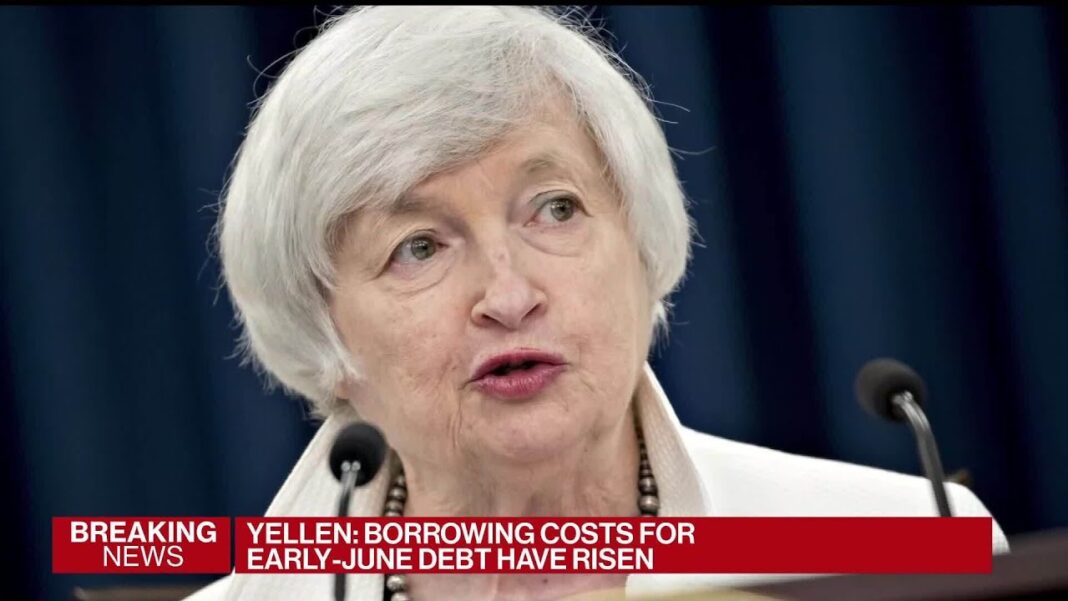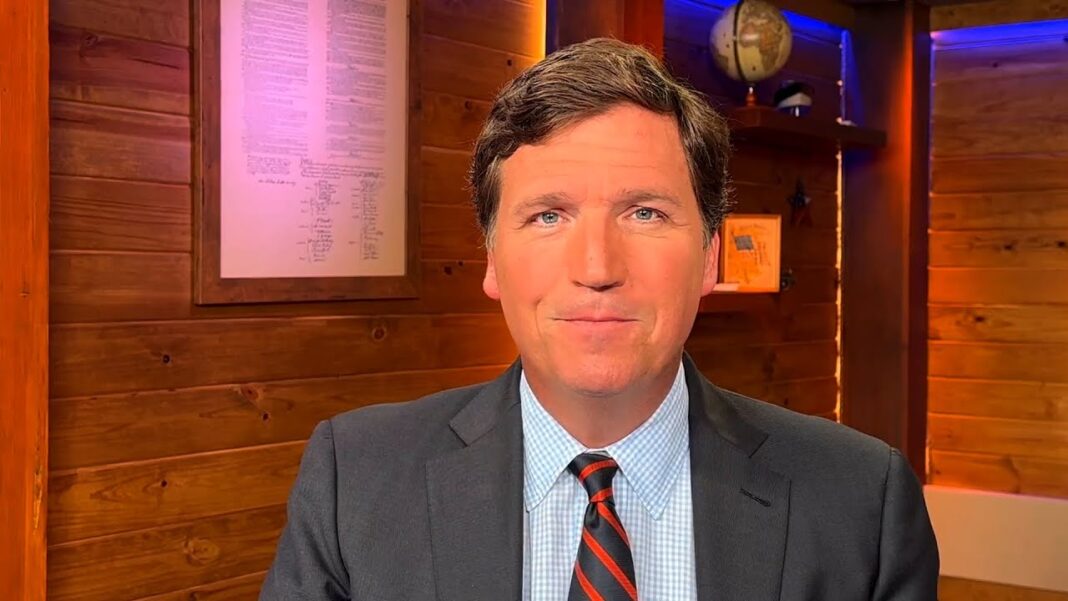
Treasury Secretary Janet Yellen warned the country’s biggest bankers that a potential debt ceiling default will have repercussions beyond the financial system and insisted that the early June X-Date is real, Axios has learned.
Why it matters: The Biden administration is sounding the alarm in public and in private about the consequences of default, and the dangers in trying to cut a deal at the last moment.
- Yellen’s frank talk with bankers, like JP Morgan Chase CEO Jamie Dimon, are part of a broader effort by top Biden officials to enlist the business community to pressure congressional Republicans to raise the country’s $31.6 trillion debt ceiling before June 1.
- While some Republican senators have questioned that date, House Speaker Kevin McCarthy has seized it as a way to add urgency to negotiations.
The intrigue: The official readout of Yellen’s meeting from the Treasury department included many of her previous warnings about the debt ceiling.
- But it didn’t mention at least two of her closed-door comments: that private forecasters have largely confirmed her early June estimates for when the U.S. will run out of money and that borrowing costs are already getting higher.
Driving the news: Yellen made her remarks in a closed-door meeting at the Bank Policy Institute, an industry association that advocates for the country’s largest lenders, in Washington on Thursday, according to a person in the room.
- With talks proceeding between President Biden’s team and Rep. Garret Graves (R-La.), a key ally of House Speaker Kevin McCarthy (R-Calif), some progressive lawmakers are sounding the alarm about the potential direction of the talks.
- At the same time, a group of House conservatives want to break off negotiations, insisting that the debt ceiling bill the House passed last month should be their final offer.
Between the lines: Some Biden officials have been mildly frustrated that the business community hasn’t tried to do more to influence Republicans to pass a debt ceiling increase.
- But it’s unclear if the business groups – or even the markets — have that much influence with some of the most conservative members of Congress.
By Hans Nichols






